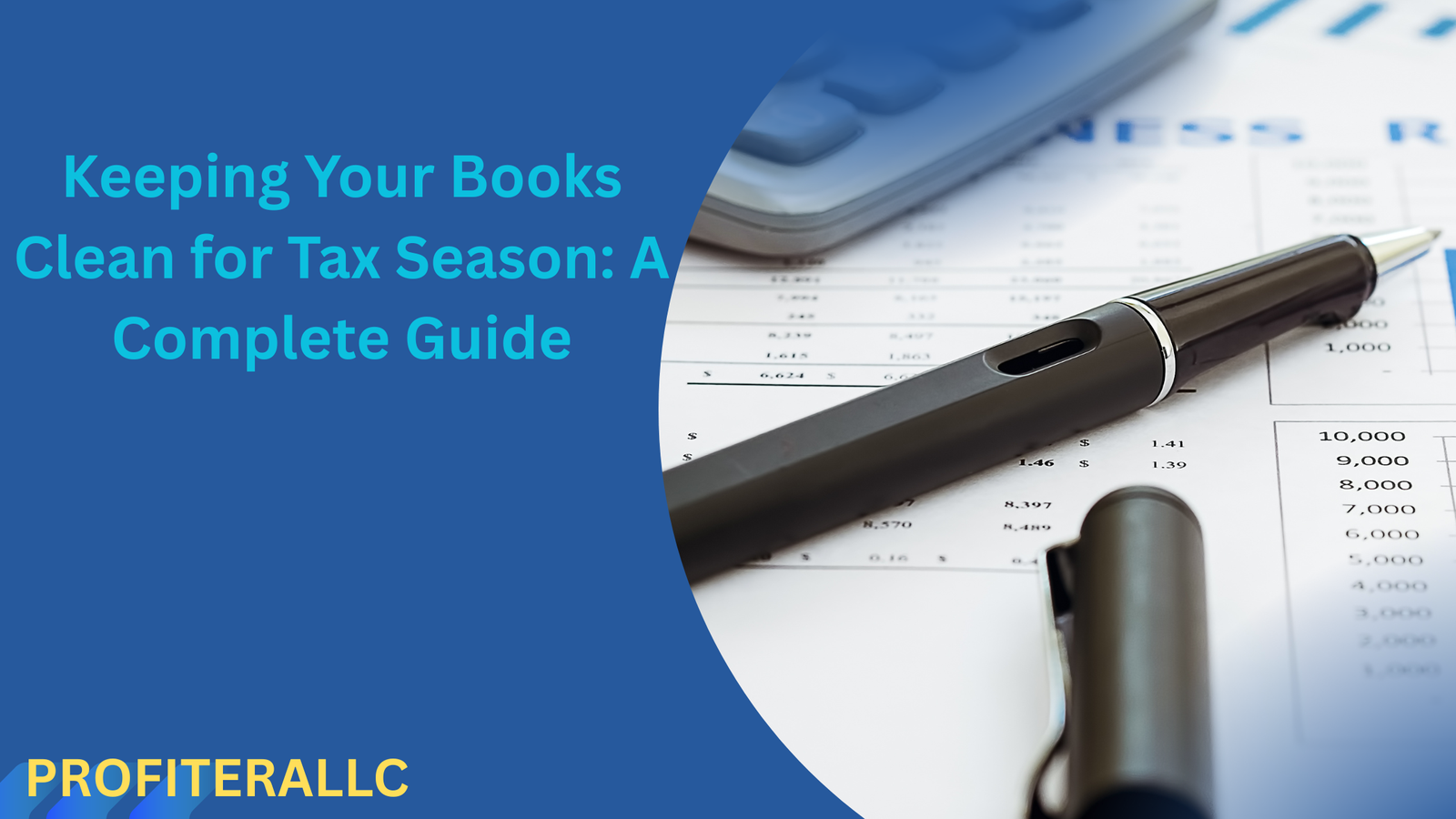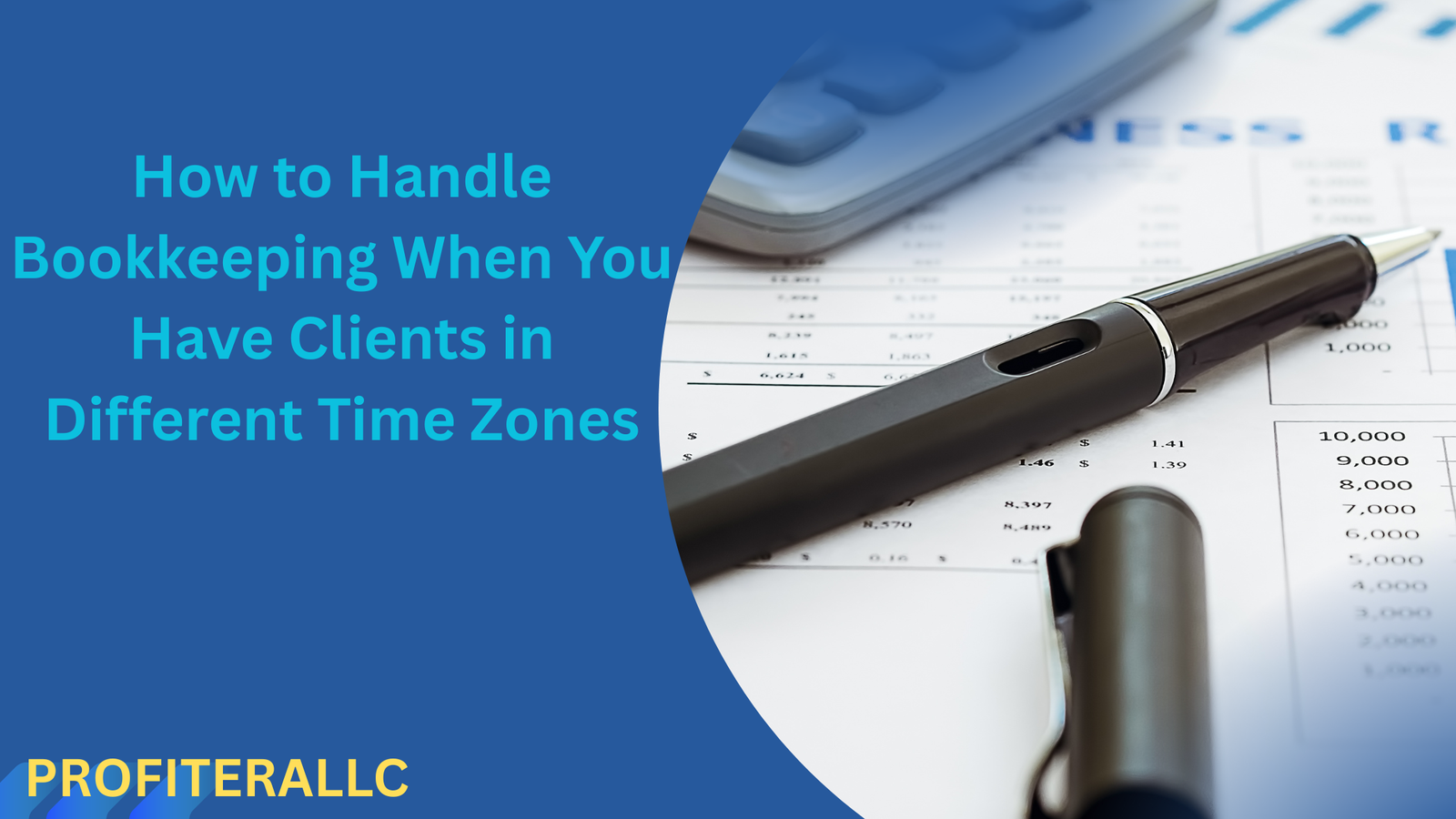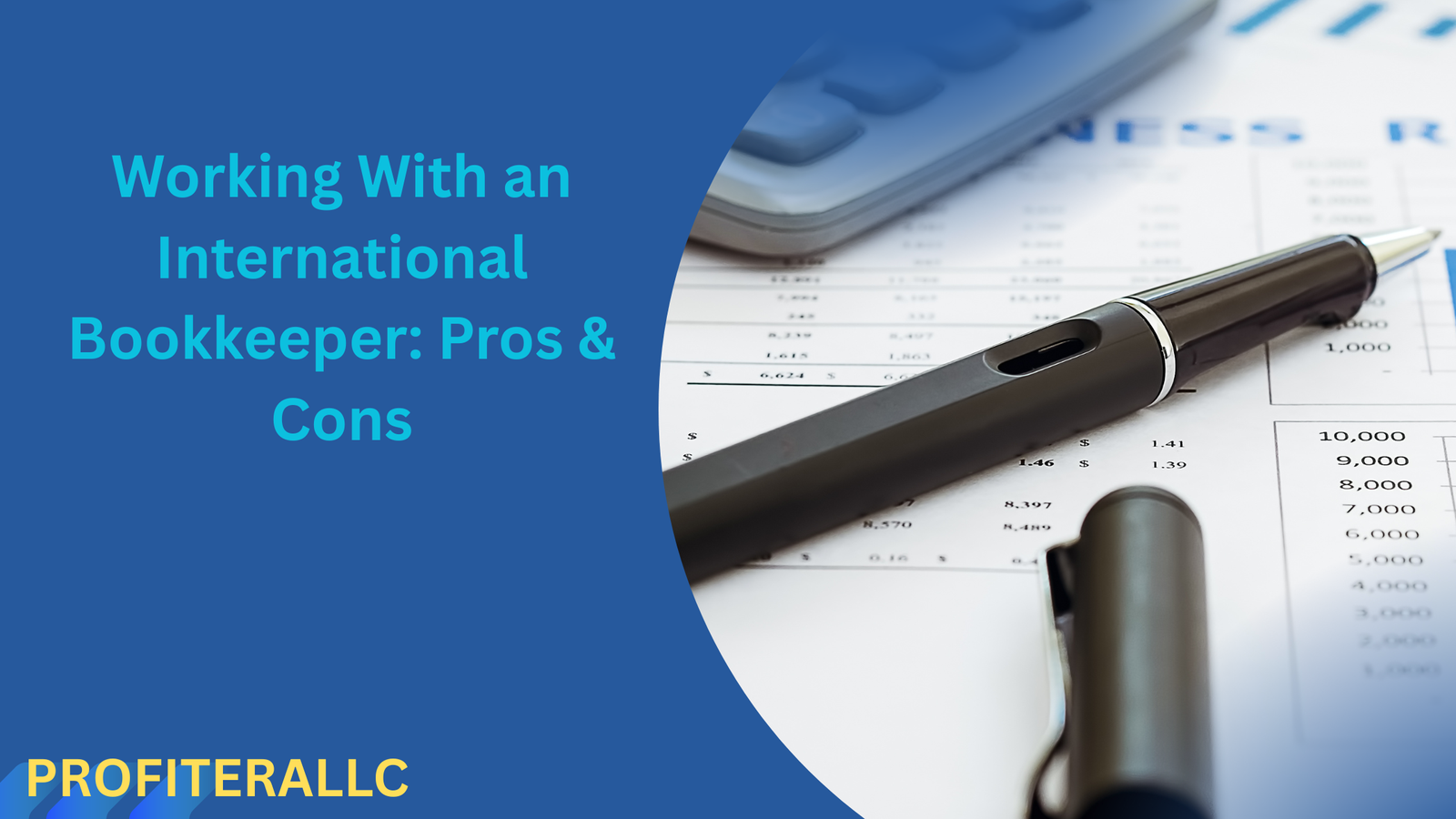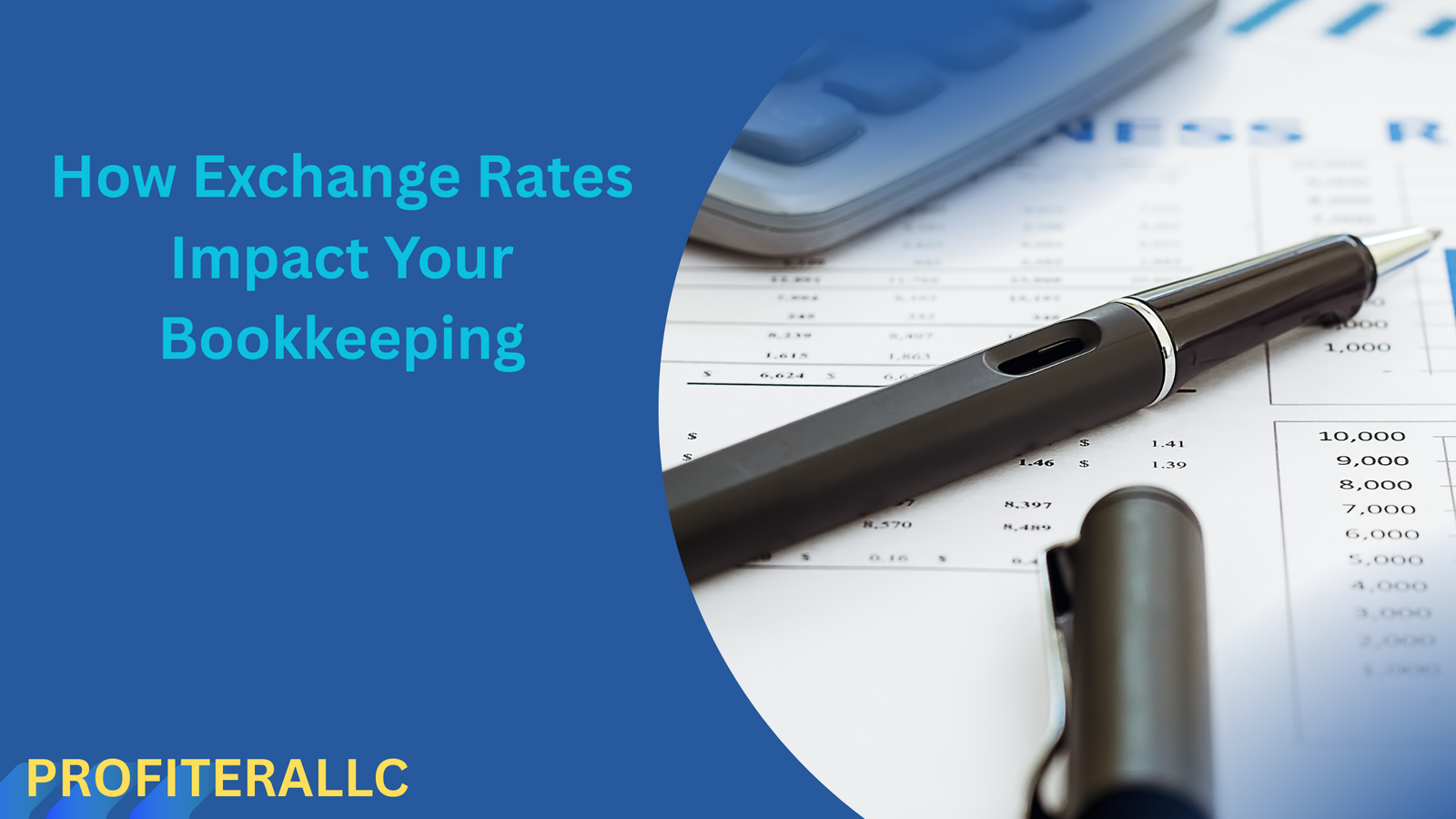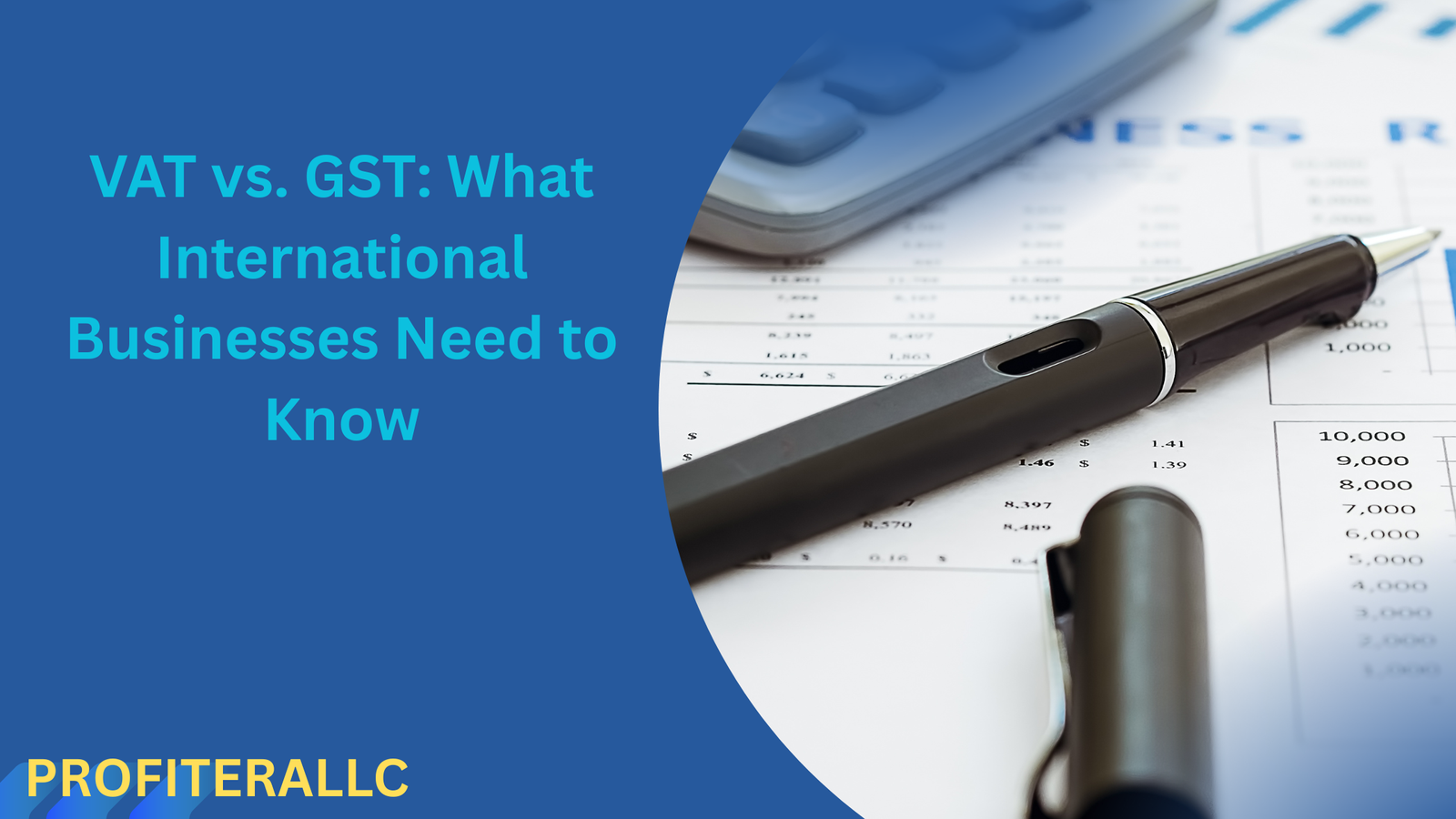
Introduction
Tax season can be stressful, especially if your financial records are disorganized. Keeping your books clean throughout the year ensures accuracy, minimizes errors, and helps you maximize deductions. Whether you’re a small business owner, freelancer, or managing personal finances, proper bookkeeping is essential for a smooth tax filing process.
In this guide, we’ll cover:
- Why clean books matter for tax season
- Best practices for organizing financial records
- Tools to simplify bookkeeping
- Common mistakes to avoid
- How to prepare for tax filing
By the end, you’ll have a clear action plan to maintain tidy books and reduce tax-time headaches.
Why Clean Books Matter for Tax Season
1. Avoid Costly Errors
Mistakes in bookkeeping can lead to:
- Incorrect tax filings
- Missed deductions
- Penalties from the IRS or tax authorities
Clean records help you file accurately and avoid unnecessary audits.
2. Maximize Deductions & Credits
Well-organized books make it easier to:
- Track business expenses
- Claim eligible tax credits
- Identify deductible costs (e.g., home office, mileage, supplies)
3. Save Time & Reduce Stress
Last-minute scrambling for receipts and invoices is stressful. Keeping books updated year-round means:
- Faster tax preparation
- Less anxiety during tax season
- More time to focus on your business or personal finances
4. Improve Financial Decision-Making
Clean books provide insights into:
- Cash flow trends
- Profitability
- Spending habits
This helps with budgeting and future financial planning.
Best Practices for Keeping Your Books Clean
1. Separate Business & Personal Finances
- Use dedicated business bank accounts and credit cards
- Avoid mixing personal and business transactions
- Simplifies tracking and ensures accurate deductions
2. Track Income & Expenses Regularly
- Record transactions weekly or monthly
- Use accounting software (QuickBooks, Xero, FreshBooks)
- Keep digital copies of receipts (apps like Expensify or Shoeboxed)
3. Reconcile Bank Statements Monthly
- Compare bank records with your bookkeeping
- Identify discrepancies early
- Prevent errors from piling up
4. Categorize Transactions Properly
- Use consistent categories (e.g., “Office Supplies,” “Travel”)
- Avoid vague labels like “Miscellaneous”
- Helps with tax deductions and financial reporting
5. Maintain Backup Records
- Store digital copies securely (cloud storage like Google Drive or Dropbox)
- Keep physical receipts organized in labeled folders
- Follow IRS record-keeping guidelines (typically 3-7 years)
6. Stay on Top of Invoicing & Payments
- Send invoices promptly
- Follow up on overdue payments
- Track accounts receivable to avoid cash flow issues
7. Review Financial Reports Quarterly
- Profit & Loss (P&L) statements
- Balance sheets
- Cash flow reports
Helps identify financial trends and potential issues early.
Best Tools for Clean Bookkeeping
| Tool | Best For | Key Features |
|---|---|---|
| QuickBooks | Small businesses, freelancers | Automated invoicing, expense tracking, tax prep |
| Xero | Growing businesses, accountants | Bank reconciliation, payroll integration |
| FreshBooks | Service-based businesses, solopreneurs | Time tracking, client payments |
| Wave | Budget-conscious small businesses | Free accounting, receipt scanning |
| Expensify | Receipt and expense management | Smart scanning, mileage tracking |
Using these tools automates much of the bookkeeping process, reducing manual errors.
Common Bookkeeping Mistakes to Avoid
1. Procrastinating Record-Keeping
- Delayed entries lead to forgotten transactions
- Increases risk of errors
Solution: Set aside time weekly for bookkeeping.
2. Ignoring Small Transactions
- Even minor purchases add up
- Missing small deductions costs money
Solution: Track every business expense, no matter how small.
3. Not Reconciling Accounts
- Unchecked discrepancies can snowball
- Leads to inaccurate financial reports
Solution: Reconcile bank statements monthly.
4. Poor Receipt Management
- Lost receipts = lost deductions
- IRS may disallow expenses without proof
Solution: Use digital receipt apps or cloud storage.
5. Misclassifying Expenses
- Wrong categories affect tax filings
- Could trigger audits
Solution: Double-check expense categories before recording.
How to Prepare Your Books for Tax Filing
1. Organize All Financial Documents
- Income statements (1099s, W-2s, sales records)
- Expense receipts (business meals, travel, supplies)
- Bank and credit card statements
- Previous year’s tax return (for reference)
2. Review Deductions & Credits
- Home office deduction
- Vehicle mileage (business use)
- Retirement contributions
- Education or training expenses
3. Consult a Tax Professional
- CPA or tax advisor can spot missed opportunities
- Ensures compliance with tax laws
4. File Early or On Time
- Avoid last-minute errors
- Prevents late filing penalties
Final Thoughts
Keeping your books clean year-round is the key to a stress-free tax season. By following best practices—tracking expenses, using the right tools, and avoiding common mistakes—you’ll ensure accuracy, maximize deductions, and stay compliant with tax laws.
Start implementing these strategies today, and next tax season will be smoother than ever!
Call to Action
Need help organizing your books? Consider using accounting software like QuickBooks or hiring a professional bookkeeper. Share your tax-season tips in the comments below!

